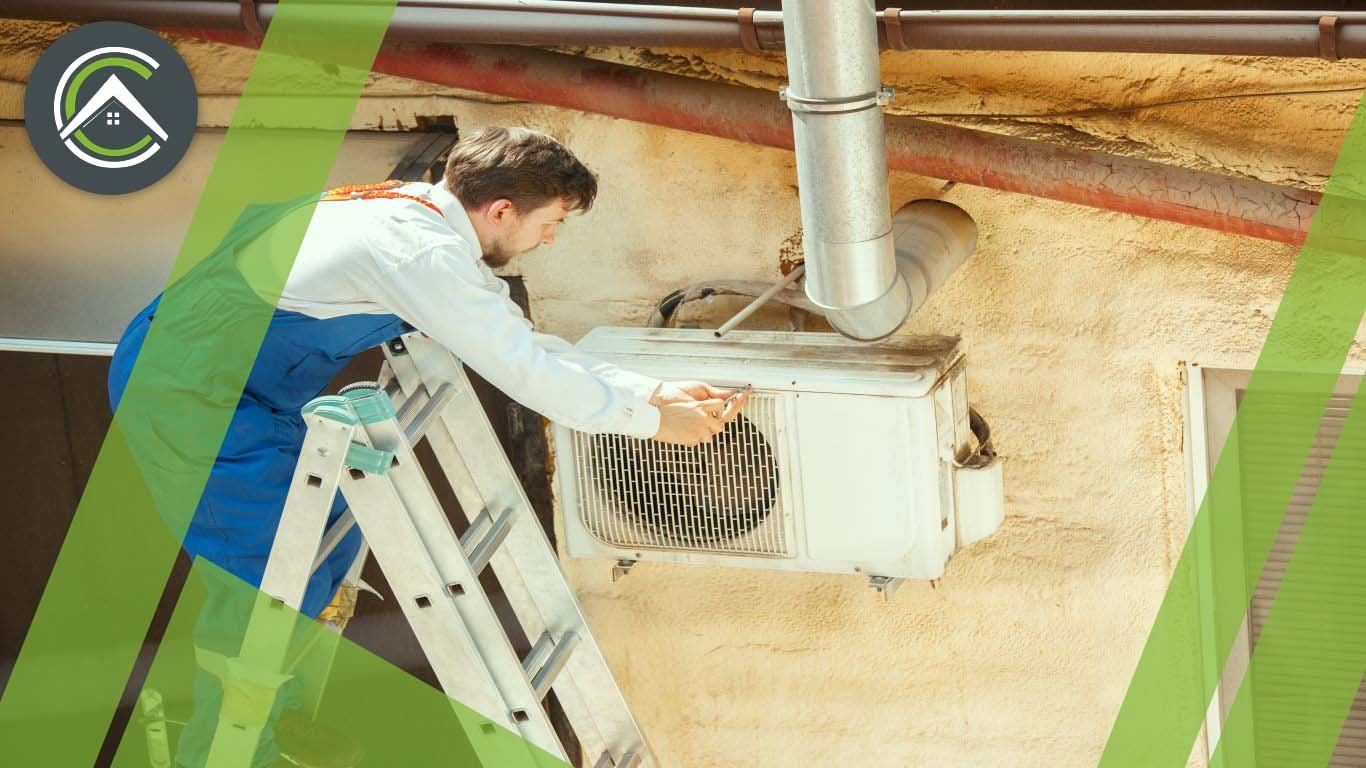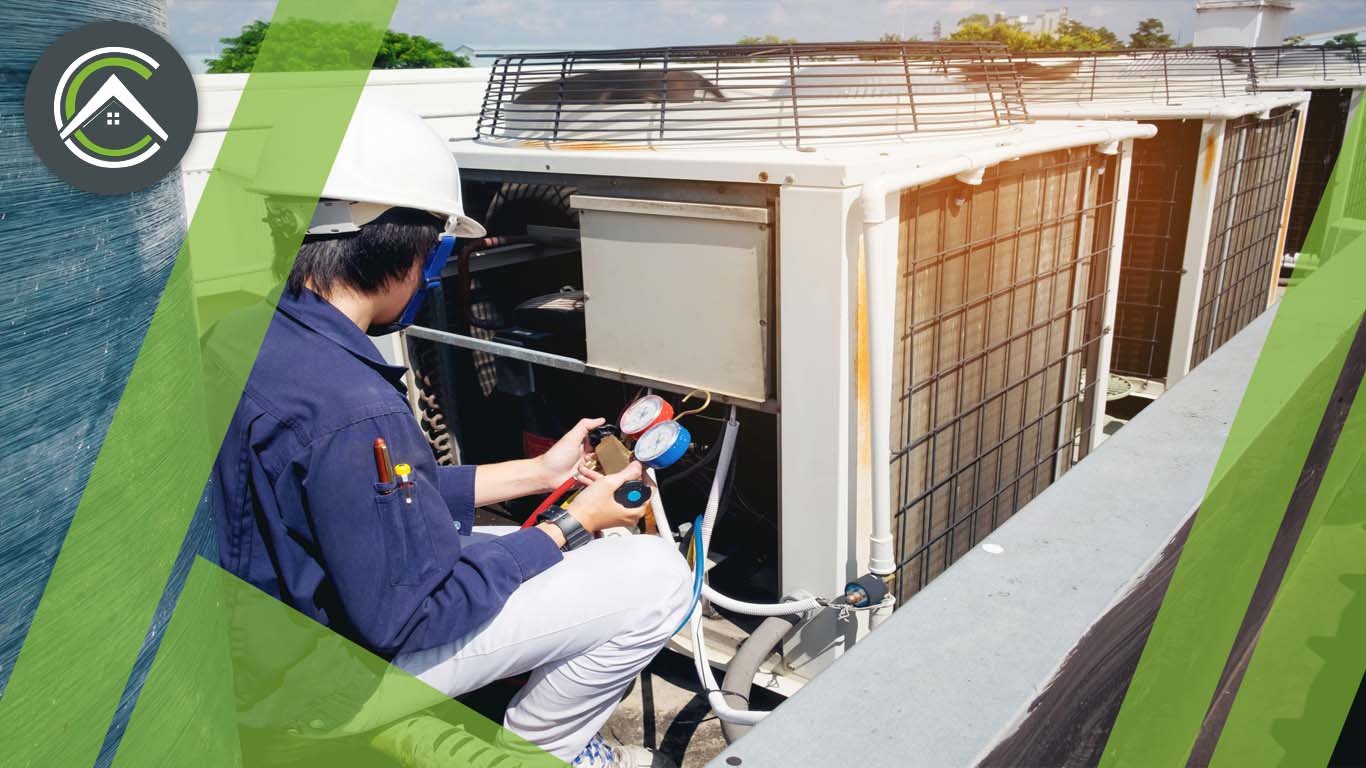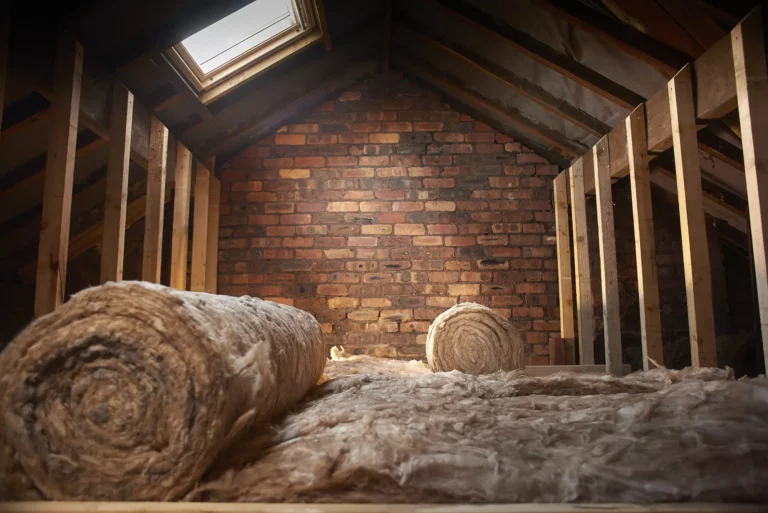Blog
Tips for Choosing the Right Heat Pump Installers
The Heat Pump Installers oversee the installation and commissioning of heat pump systems. They install, service, repair, and maintain equipment in compliance with current manufacturer requirements while assessing and diagnosing defects.
The Heat Pump Installer also identifies and manages risks, ensuring that risk assessments and safety procedures are in place and troubleshoots as needed. They will work closely with and support Coordinators, Customer Service Teams, Sales Teams, and Project Managers to provide excellent customer service.
What Is A Heat Pump?
A heat pump is a heating technology that converts existing thermal energy into a more ecologically friendly heat source. The system takes existing thermal energy from an environmental source, such as the ground, air, or water, and turns it into steam to heat your home.
Heat pumps are classified into three categories, each of which draws thermal energy from a different source:
- Air-source heat pump
- Ground-source heat pumps
- Water-source heat pump
Heat pumps are suitable for a wide range of properties, but there are a few things to consider before installing one. As a result, it is critical to research each one carefully to determine which, if any, is best for you.
Heat Pump Installation Steps
Step 1: Initial Assessment
The first step is determining whether a heat pump is appropriate for your property and what specifications the system needs to deliver enough heating.
When offering a quote, your heat pump installers will visit your home to calculate heat loss and determine how much heat is required to keep your home comfortable. This will be the foundation of their recommendations for your heat pump system. You can also call an independent energy assessor to issue an energy performance certificate.
Step 2: Select your heat pump
Once the assessment is complete, your installer will go over the specifications of the proposed heat pump system, such as the size and power of the heat pump and where the initial heat source will come from.
They will also advise where each component should be installed to maximize system performance while minimizing disruption to your home.
Step 3: Pre-installation guidelines
Before you proceed with the installation, you must follow any advice given during the first check that will improve the performance of your heat pump or make the installation easier.
This could entail increasing your home’s insulation, replacing existing radiators with larger ones, or gaining planning permission (though this is not required for all types of heat pumps).
Step 4: Fitting the Inside Unit
The inner unit is typically installed on a bracket and placed against an external wall. The heat pump installers will drill a hole in the wall and run the cables and pipes outside, where they may be connected to the external unit.
Step 5: Fitting the Outside Unit
This phase varies depending on the type of heat pump being installed. For air-source heat pumps, the outside unit can be swiftly anchored to the ground using anti-vibration feet or a wall mounted on the building’s exterior. Installing ground or water-source heat pumps will require extensive digging and pipe laying.
Step 6: Connect and test
Once both pieces of the heat pump are in place, your installer will connect them to the rest of your heating system. Next, they will try everything in different ways to ensure it works well and is safe.

What Is Included In Heat Pump Services?
The heat pump services include a variety of tests, checks, and inspections to evaluate the heat pump’s safety and performance. A certified MCS heating engineer must do this.
The service comprises:
- Comprehensive visual inspections
- Check the temperature.
- Checking the system (visual and diagnostic)
- All necessary pipework pressure was tested (including leaks).
- Tests on electrical circuits
- Professional guidance on system setup and product usage
Factors That Influence Heat Pump Maintenance and Repair Costs
The cost of maintaining and repairing your heat pump depends on the type of heat pump and the size of the device.
Type of Heat Pump
Repairing an air-source, water-source, or ductless heat pump may be the least expensive option. However, because of their accessibility and complexity, geothermal and dual-fuel heat pumps are often more expensive to fix. Keep in mind that the sort of repair will vary in terms of solution and cost.
Size of the System
Larger heat pump units have more extensive and, thus, more expensive replacement parts, increasing the overall cost of repairing a malfunctioning heat pump component.
How Efficient Are Heat Pumps?
Heat pumps are generally more energy efficient than other home heating and cooling types because they concentrate and transport more energy than they consume, unlike fossil fuel-based heating systems, which can only release the energy held in the fuel.
Efficiency According to Canada, for every 1 kWh of electricity consumed, heat pumps produce 2 to 5.4 kWh of heat, resulting in a 200-540 percent efficiency.
In comparison, new natural gas boilers or furnaces in Canada are typically rated at 82 to 98 percent efficient. In contrast, electric boilers or baseboards are rated at 100 percent efficiency, giving no more than 1 kWh of heat for every kWh of electricity required.
Government Heat Pump Rebates
The Government of Canada and the Province of British Columbia offer funds and rebates for heat pumps:
- Up to $11,000 for an air-source heat pump*
- To the province: up to $6,000*
- Up to $5,000 from the feds
- Up to $5,000 for ground-source heat pumps
- Up to $5,000 from the feds
- $5,300 for air-to-water and water-heater heat pumps
- From the province: up to $4,300
- It’s up to $1,000 for federal

What Are The Many Types Of Heat Pumps?
Air-source heat pumps
These are the most prevalent heat pumps. During the summer, they extract heat from the air within your home and transmit it to the air outside. In the winter, they absorb heat from the air outside and transfer it inside.
Ducted versions can be linked to existing ducted heating systems or integrated into new buildings.
A ductless heat pump, also called a ductless mini-split, has an outdoor unit linked to an indoor unit mounted on the wall. It works like a wood stove by providing heat to a specific area. Mini-split units connect many interior units to a single outdoor unit.
This heat pump type is available in standard and cold climate models.
Ground-source heat pumps
These heat pumps, often known as geothermal heat pumps, transport heat from the earth or water. They are far less common, requiring deep drilling, huge land lots, or permission to access a body of water, although they are slightly more efficient.
Benefits Of Heat Pump Installation
Energy-Efficient
These pumps are gaining popularity because they are energy-efficient and do not rely on fossil fuels to generate excellent and warm air. Heat pumps use less gas and energy than conventional systems and cost less. This will help cut greenhouse gas emissions, relieve environmental pressure, and improve your pocketbook.
Quiet
Another advantage of employing a heat pump is that they are relatively quiet. These goods have been specifically developed to generate as little noise as possible. If your noisy air conditioner irritates you, consider replacing it with a heat pump.
Requires Only One System
One of the most appealing features of heat pumps is that they serve as your area’s source for both heating and cooling. This two-in-one system works best in mild regions and can save you from buying a furnace and an air conditioner.
Minimal maintenance
Heat pumps are desirable because they require little maintenance. While a yearly system check is required, it can be completed by the homeowner, saving money on the cost of hiring a professional. This benefits homeowners who wish to save money in the long run.
Beneficial for air quality
One health benefit of heat pumps is that they can enhance your home’s air quality by filtering and dehumidifying the surrounding area. Good indoor air quality is essential in reducing illness and other health issues.
Professional Heat Pump Installers Is a Call Away
If you try any or all of these heat pump repair procedures that don’t work, please know that professional, quick help is available by phone.
Confirmedc technicians are trained in new and ancient technologies, essential in a constantly changing sector. As part of our commitment to customer service, we will always come to your home and provide service that will leave you satisfied.
Schedule a hassle-free heat pump installation in Toronto today.
more insights

Is There Asbestos in Your Loft? What to Know Before Insulation Removal
If your home was built before the 1990s, there’s a chance that your loft insulation could contain asbestos—a hidden danger

Best Heat Pumps for Cold Climates in Canada: Top Picks for 2025
Canadian winters are no joke, and heating your home efficiently is more important than ever. In 2025, cold climate heat

Top 5 Signs Your Basement Needs New Basement Insulation (and What to Do About It)
Your basement plays a huge role in your home’s comfort, energy efficiency, and even air quality—but only if it’s properly